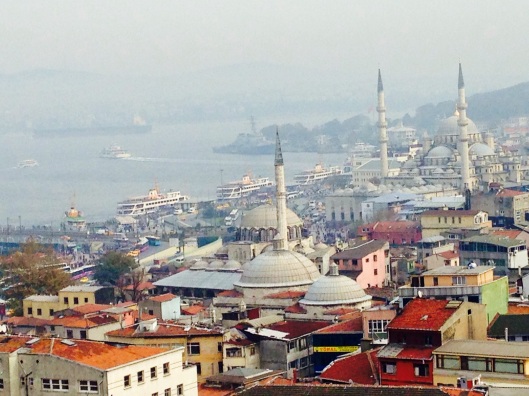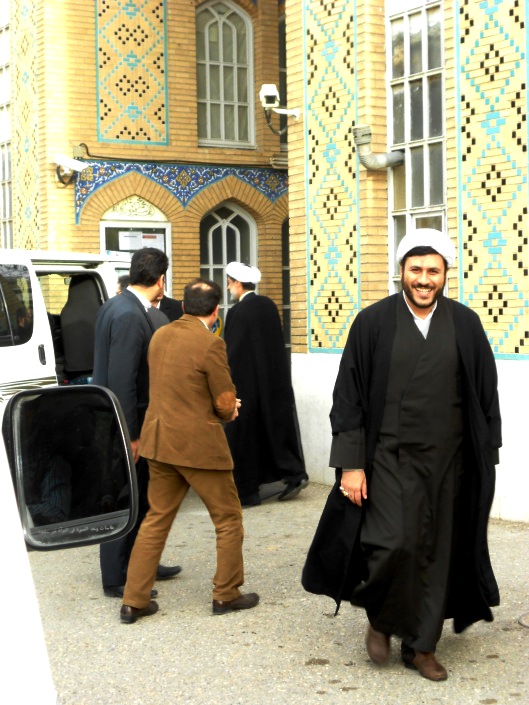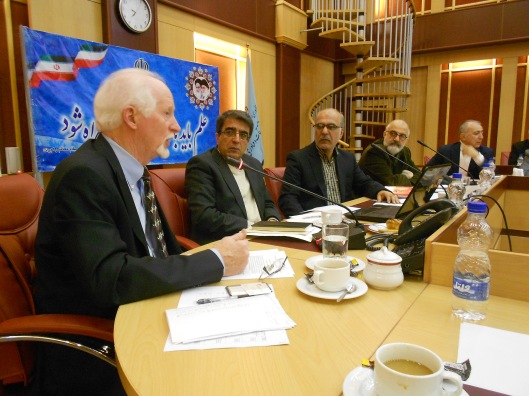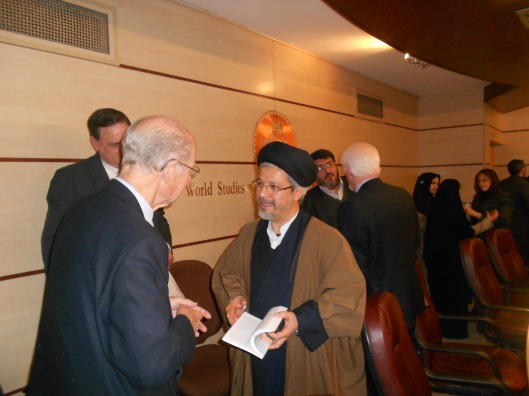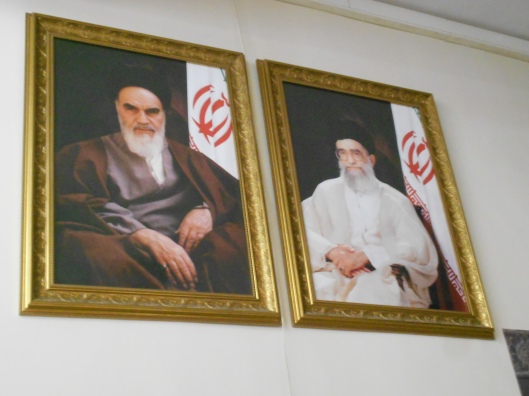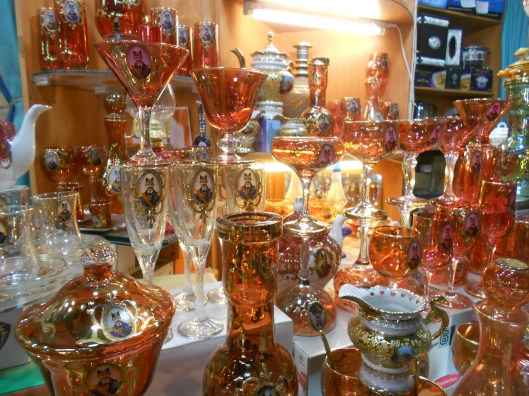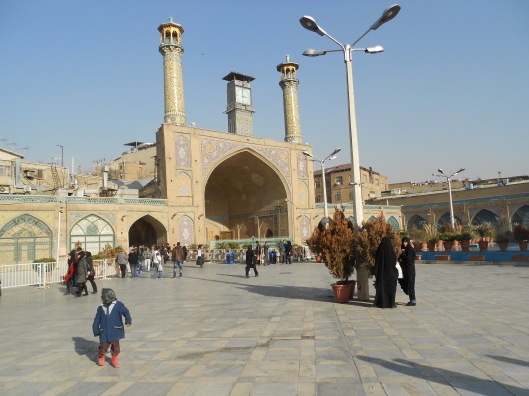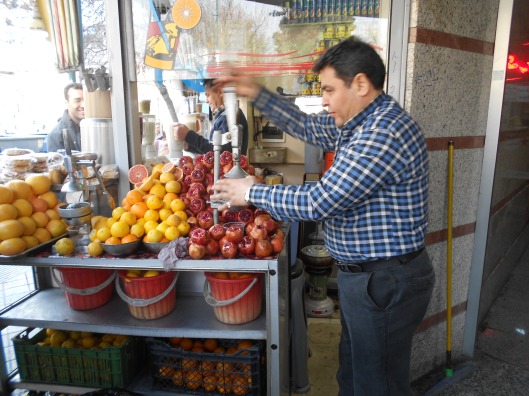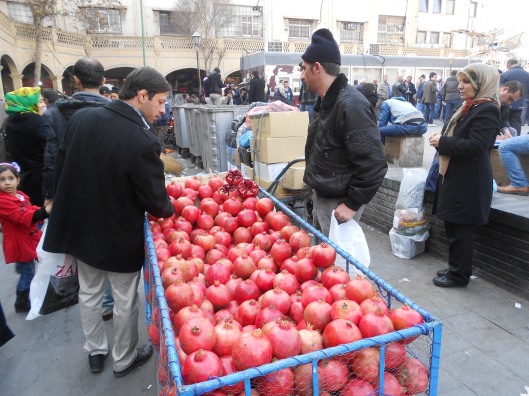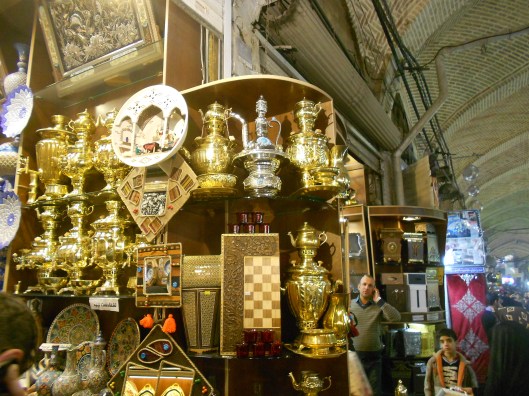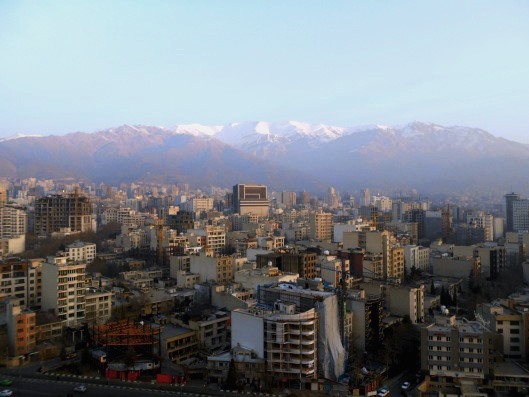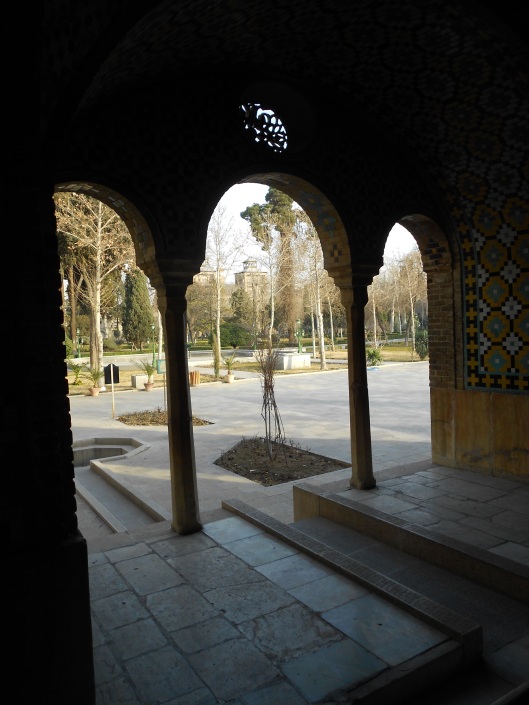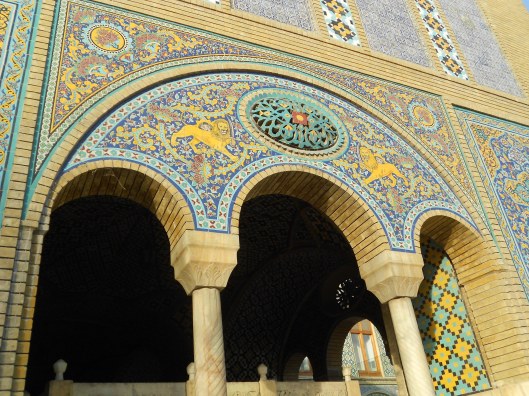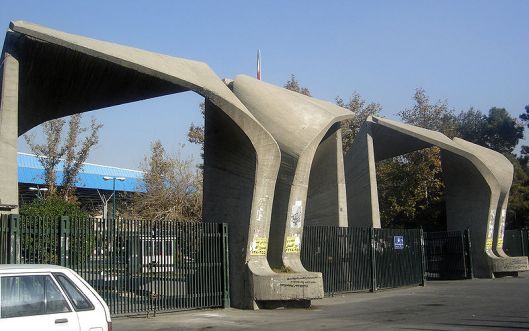“History was a recording that played continuously, so that you did not realize it was the same song, over and over.”
David Ignatius in Bloodmoney
The messages began early yesterday.
“Are you okay? Will you be leaving?” “What are your thoughts on the news? When are you all coming back?” “Hey! What’s going on over there?”
At this point, I was involved in a totally different crisis, seemingly unrelated to the one that was being broadcast by all major media outlets in the United States and evidently, around the world.
A message from my amazing nephew who works at the State Department gave me more information, and I began responding to the messages that we received. Evidently the United States had called for all non-emergency government personnel to leave Iraq and the Kurdish Region of Iraq citing tensions with Iran as the reason. Rumors of war had begun and the news was everywhere.
Everyone knows this, but it’s really important to repeat: Behind the clean yet oh-so-dirty fingers of every politician that supports war there are real people who get caught in the middle and lose. They lose every, single time. People in the middle are caught between and never win. They lose. They lose security. They lose jobs. They lose peace of mind. They lose hope.
We live in the Kurdistan Region of Iraq, and the rumors of war involve Iraq because the tensions are rising between the United States and Iran. Geographically Iraq is next to Iran; politically Iraq is caught between. Our region is finally feeling a measure of hope after a massive financial crisis and the chaos of D’aesh, or ISIS. People are beginning to feel more settled, more secure. They are receiving salaries regularly after a long time of not being paid.
And now this.
I am not a political analyst but I do suspect that wars are sometimes started to detract from real life problems. What better way to distract people then to go to war? Suddenly all the news and focus is not on poor national policy, or the latest tweets, but instead on what is happening the other side of the world.
I just finished reading a book by David Ignatius, a prize-winning reporter from the Washington Post who covered the Middle East for many years. Bloodmoney is a spy thriller that is set between Los Angeles, Pakistan, and London. It’s fast paced and interesting, a book that seems made to be a movie. At the very end of the book, Ignatius talks about how the book is about how wars end. Though he spends some time toward the end of the book discussing this, from a reader perspective, I wish he had spent more time on this.
One of the dynamic characters in the book is a Pashtun from the Khyber Pakhtunkhwa province of Pakistan called “the Professor.” At one point he is thinking about the tribal code of revenge. He thinks about how often wars end just because people get tired. They lose people and money, and suddenly both sides are done, exhausted by the bloodshed, unable to even remember what the war was really about to begin with. But, he surmises, wars that end that way don’t bring about “good peace.” Instead, they bring “dishonor, shame, and a shimmering desire for revenge.” This is something that the Professor feels the Western world doesn’t know or understand. “The victor in the war must find a way to salve the dignity of the vanquished; otherwise, there would just be another war.” (page 348, Bloodmoney)
The tribal code for restoring harmony was called nanawatay in the Pashto language. That was how wars ended among honorable men. The vanquished party would go to the house of the victor, into the very heart of his enemy, and look that man in the eye and request forgiveness and peace. The defeated man was seeking asylum, and the victor could not but grant him this request. To refuse would be dishonorable and unmanly. When a man is asked to be generous, he can unburden himself of his rage toward his enemy. He can be patient in forgiveness and let go of the past.
Bloodmoney by David Ignatius, p. 348
A couple of pages later, our professor is on a plane, ready to fall asleep: “He fell asleep thinking of his favorite word in the Pashto language, melmastia, which meant “hospitality.” That was the way wars ended.”
I read these words yesterday afternoon, after I had responded to many messages and written an email off to family and friends.
Hospitality. Communication. Communicating Across Boundaries. Backing down. Forgiveness. Generosity. Looking people in the eye and requesting forgiveness and peace.
Yes – this may be the way wars end. More importantly, this is how they never start. This is prevention at its best.
When will we learn? If we can’t have a conversation with someone who thinks differently then us, then there is no hope that wars will ever end. When I look in the mirror, I see someone looking back at me who is just as culpable in the little picture as the war mongers of the world are in the big picture. Everyone of us is probably at war with someone in our lives. Though the outcomes may seem different, on a small scale they are the same. Are we tired yet? When will it end?
And to our leaders I say the same: Are you tired yet? When will it end? When will you get tired enough to have bad peace, or smart enough to forgive, extend hospitality and have good peace?
If wars end with hospitality, surely with true hospitality they should never begin.
Communicating Across Boundaries
As for us, we are staying – at least for the time being. We are continuing to enjoy the love and hospitality that surrounds us. We are in the month of Ramadan, where all of day life slows down and the evenings light up with food and joy at the breaking of the fast. What happens next, only God knows.


